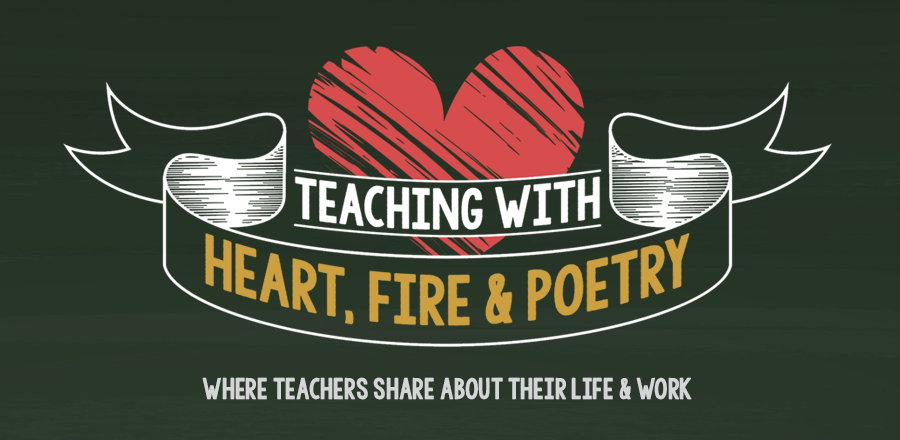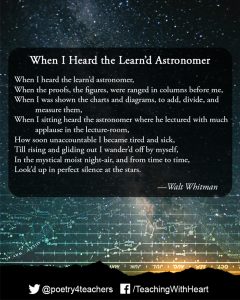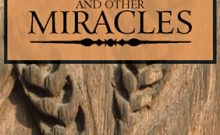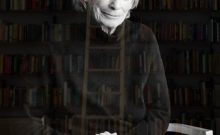President Obama recently wrote an open letter to parents of American school children. In that letter he raised concerns both in his role as President but also as a father about the increased role of testing in American education. Here is the opening to his letter:
Here’s a simple question: If your kids had more free time at school, what would you want them to do with it?
If you’re like most parents, here’s what I suspect you wouldn’t want your children to be doing with their extra time in the classroom: Taking more standardized tests. I certainly wouldn’t want that for my girls.
In moderation, I believe smart, strategic tests can help us measure our kids’ progress in school.
As a parent, I want to know how my kids are doing, and I want their teachers to know that, too. As President, I want to hold all of us accountable for making sure every child, everywhere, is learning what he or she needs to be successful.
But when I look back on the great teachers who shaped my life, what I remember isn’t the way they prepared me to take a standardized test. What I remember is the way they taught me to believe in myself. To be curious about the world. To take charge of my own learning so that I could reach my full potential. They inspired me to open up a window into parts of the world I’d never thought of before.
President Obama’s words reminded us of Walt Whitman’s poem “When I heard the learn’d astronomer.” In his poem, Whitman writes of becoming “tired and sick” of the astronomer’s lecture filled with “charts and diagrams.” His antidote—wandering off to look “up in perfect silence at the stars.”
In his reflection on Whitman’s poem, Ron Gordon, professor of communications at the University of Hawaii, wrote of how he too “can feel weary and dispirited” when surveying “survey college texts, heavy of page and with an overkill of learning objectives.”
Standing with Whitman, he calls us to the “beautiful elusiveness of the subject matter that beguiled us years ago, and once again open our hearts to the true uniqueness and ultimate immeasurability of each of our students.” And ends with a poetic charge for heading out for the stars…
How do you help your students reach for the stars?
Reflection on Walt Whitman’s “When I Heard the Learn’d Astronomer”
Walt Whitman hears the learned astronomer with his abundance of charts, columns, and calculations, and soon feels drained and sickened. I, too, can feel weary and dispirited in my work as a college professor. This lethargy takes hold when I survey college texts, heavy of page and with an overkill of learning objectives, or when I trudge through box loads of dossiers dutifully and painstakingly assembled for tenure or promotion. The volume of detail, its sheer glut, overwhelms, until I, too, yearn to wander off and breathe “the mystical moist night-air.”
Who among us has not wilted under a barrage of PowerPointed academic monologues, or felt coldly hollow when facing bureaucratic rubrics and assessment standards? Who has not winced at long-winded scholarship and research that offer so little help? At such moments, we silently scream at the gap between the abstractions of our discourse and life itself, including the world within which our students live and move. Each of us in our own way and time, if sensitivity be ours, shares Whitman’s nausea at the gulfs between symbols and the real deal.
And like Whitman, from time to time, we glide past the rigorous propriety of sanctioned learnedness and gaze “in perfect silence at the stars.” Standing beside Whitman, we rise in awe at the beautiful elusiveness of the subject matter that beguiled us years ago, and once again open our hearts to the true uniqueness and ultimate immeasurability of each of our students. Heart, head, and hand united,
we reach.
And then, we teach.
—Ronald Gordon
College Professor of Communication
Hilo, Hawai’i







Leave a Comment